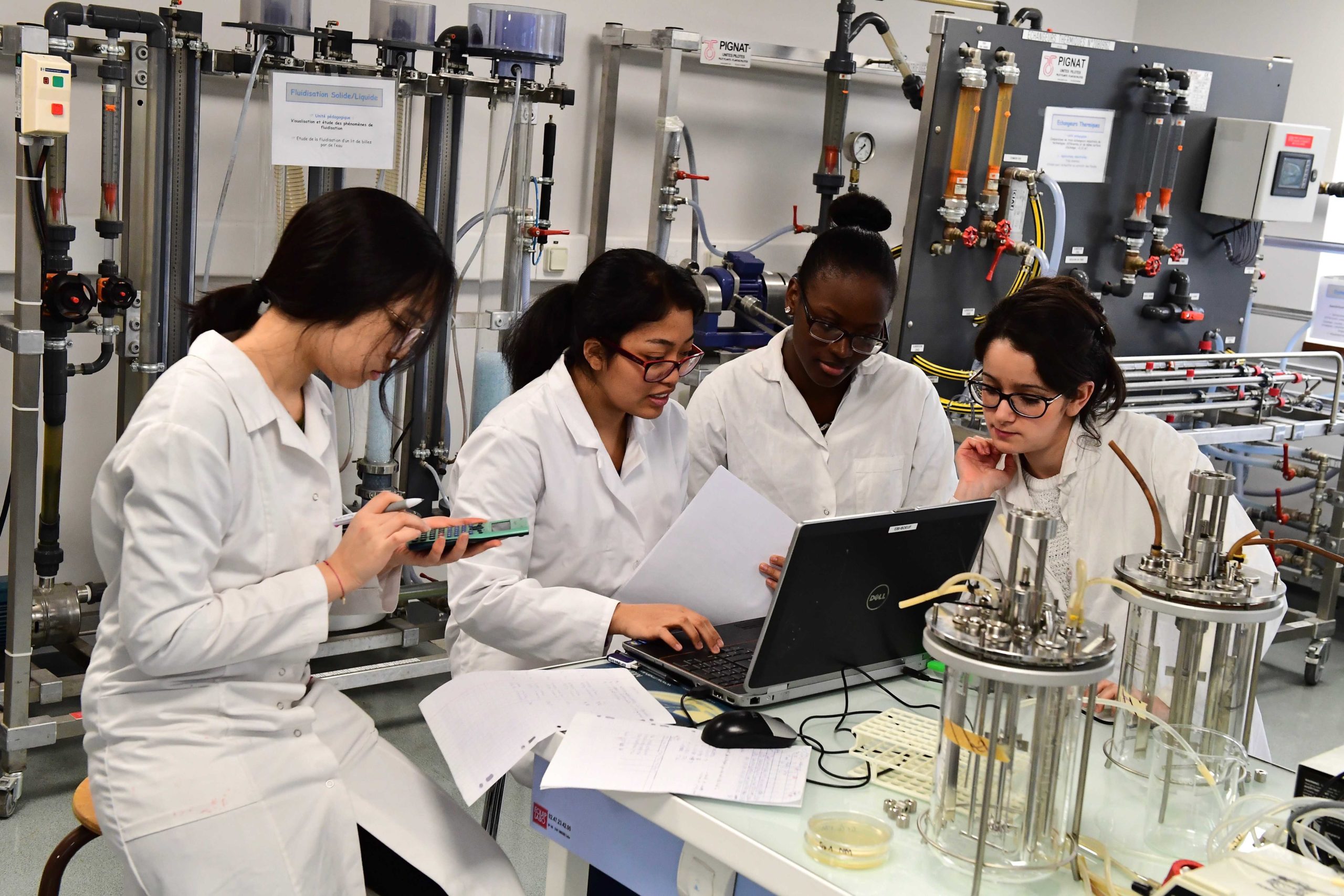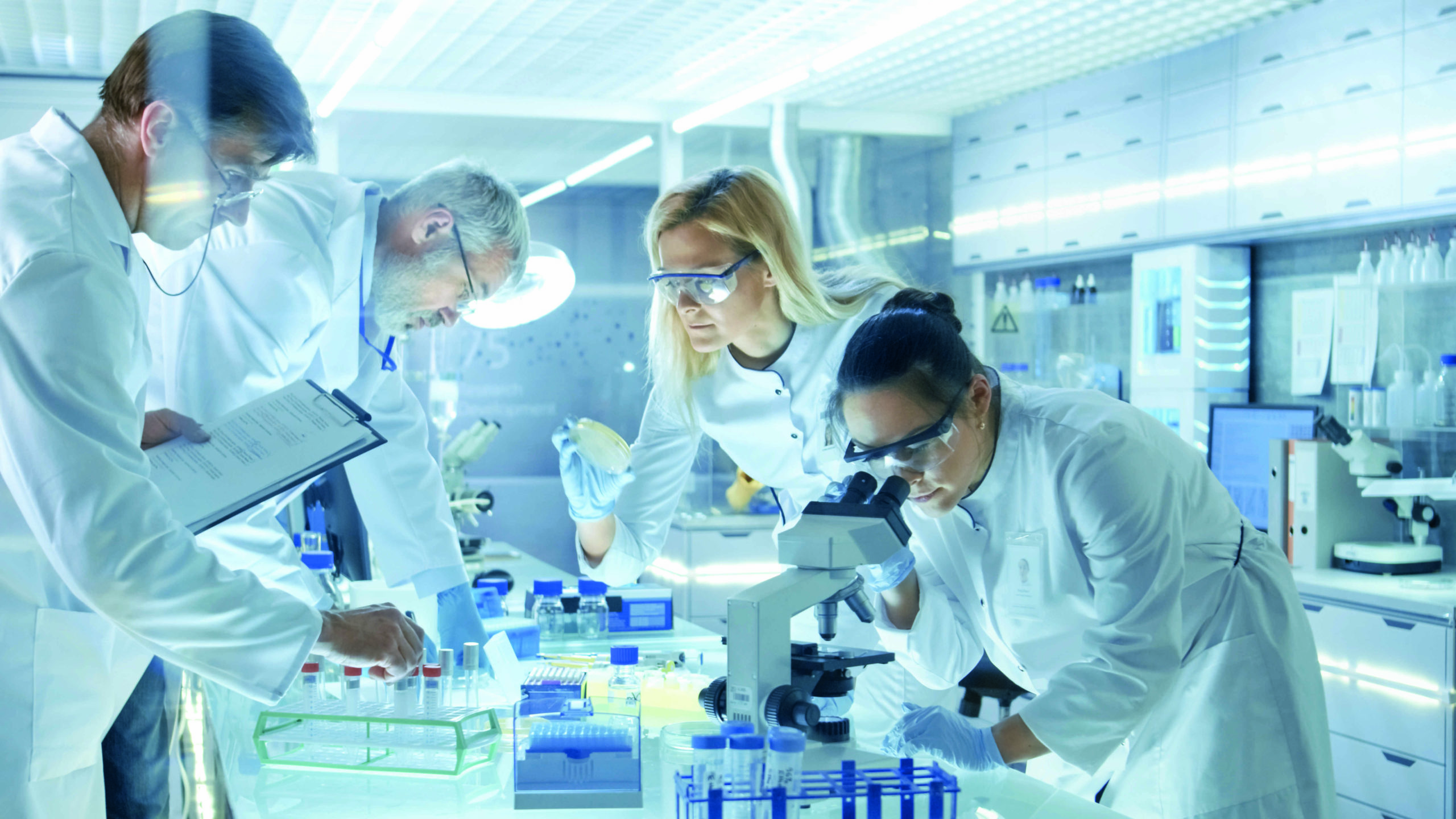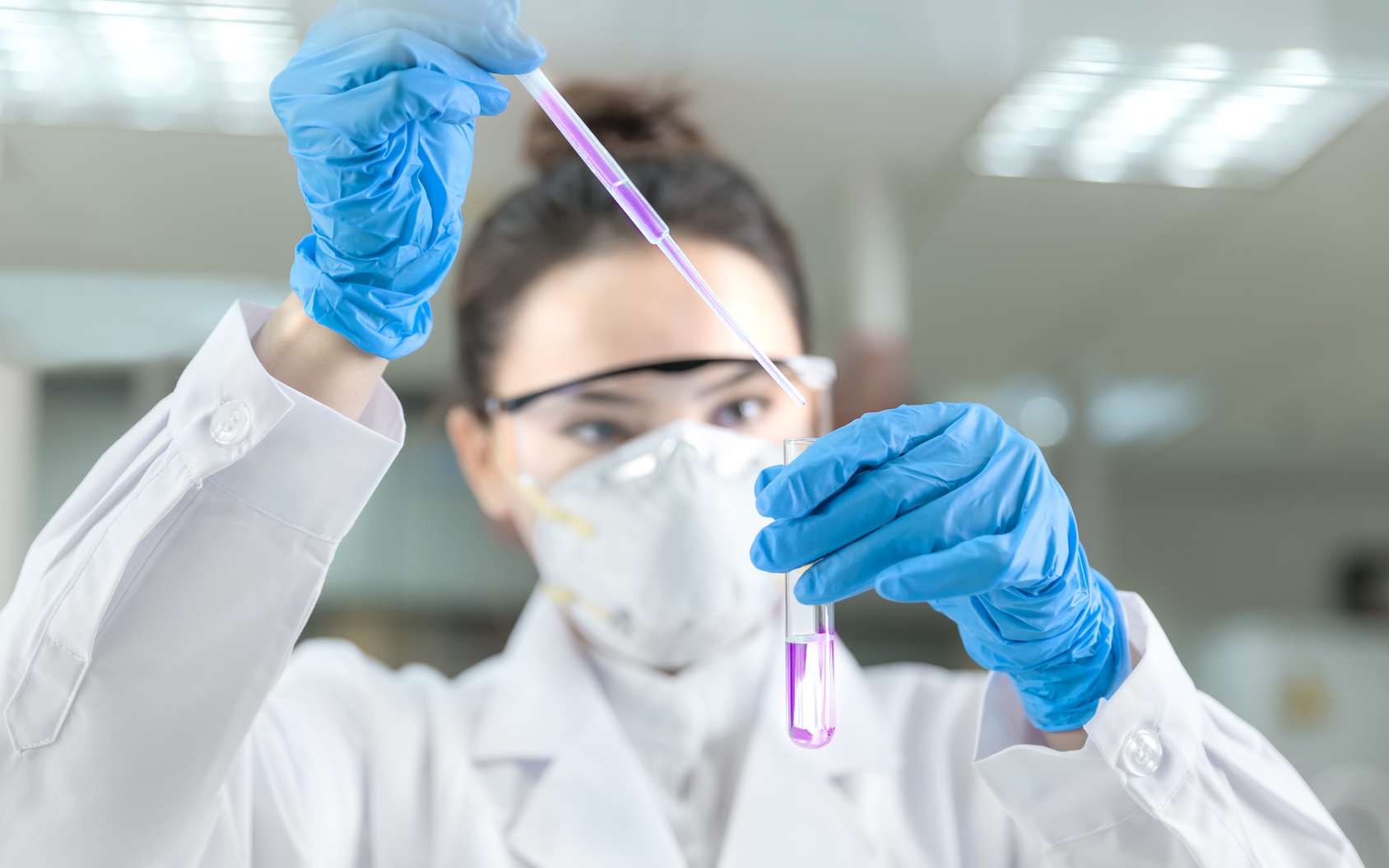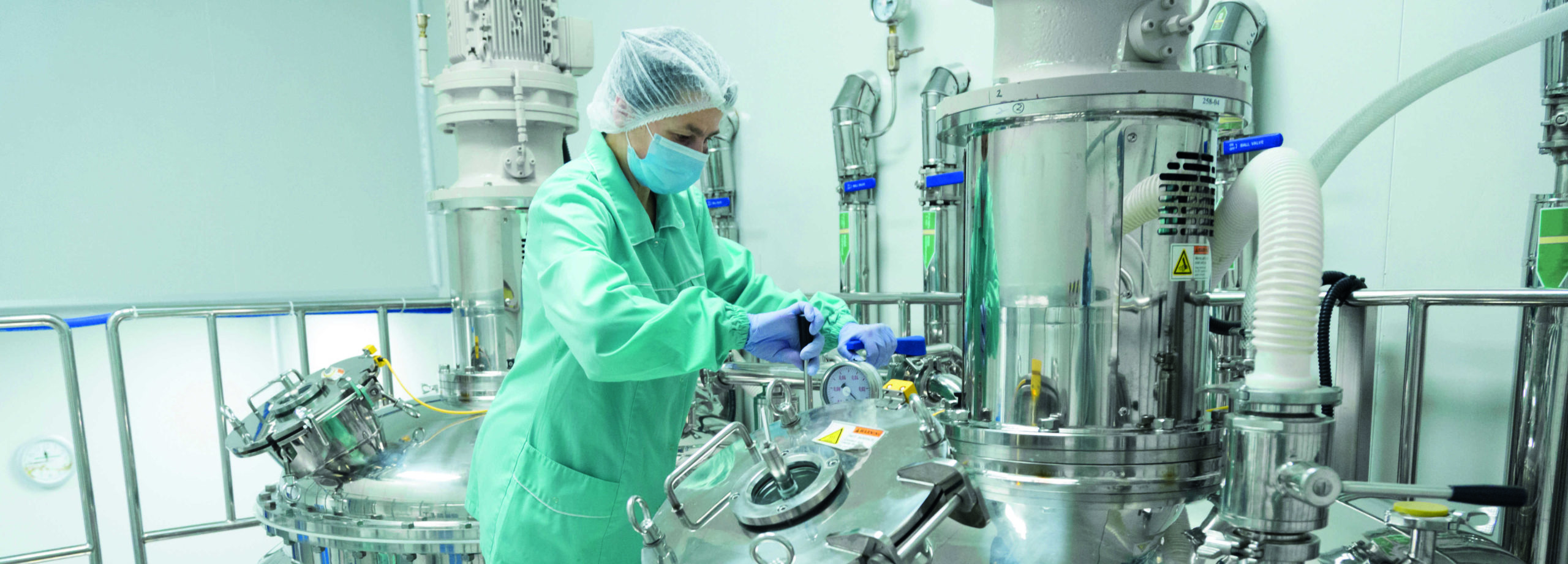2nd and 3rd year engineering cycle
The engineering cycle of EBI’s “Grande École” program focuses on projects and offers engineering students the opportunity to specialize in a well-defined profession. These last two years prepare them for their engineering diploma and their future professional integration.

Objectives of semester 7
The first half of the year is devoted more specifically to the following projects: 5 major projects (1)
are conducted in teams and supervised by teachers and working engineers.
They allow students to work as in a company on a concept
or specifications and to be all incubated within the departmental entrepreneurship cluster.
(1) Marketing and Business Development, Quality and Industrial Risks, Formulation and Design, Safety and Registration, Databases and Experimental Design
Program
Semester 7
- Experimental designs
- Basic unit operations
- Databases-Access
- General wording
- General Toxicology
- Career management
- Industrial quality tools and methods** (in French)
- Marketing creation of a company
- English
- Modern language 2* (French)
Spanish, German, Italian, Portuguese, Japanese, Chinese, Arabic, French, TOEFL/IELTS
Team project course

GoodB'Ice
Awarded project during the Challenge Innovation Road Safety competition
Eco-responsible road salt as an alternative to road salt, it is produced from agri-food waste and plant resources - Agathe Champy, 2024 graduate
Entrepreneurship
Throughout their course, students are made aware of entrepreneurship and business creation. The concepts covered are then deepened and put into practice during the engineering cycle: EBI student-engineers are led to create, innovate and imagine products or services. This work is integrated into the pedagogical program and is done with the support of EBI, thanks to the EBInnov laboratory and the school's social fund. The projects are presented to the MEDEF in front of 30 professionals every year.
#EBIste words
Objectives of semesters 8 and 9
Starting in the 2nd semester of the 4th year of the Grande École engineering program, student-engineers choose one of the 5 majors according to their career plans. A special feature of the EBI is that there is no quota for each major. The student thus retains a great deal of freedom in his or her choice of course. Students also choose 4-10 minors to customize their resumes. While the major courses are mandatory, the minor courses are elective.
This set of choices best prepares each engineering student for his or her future career, by helping him or her to build his or her own educational path and thus the professional future that interests him or her.


It trains engineers who will work in the biomedical sector, on vaccines, biotechnologies, enzymatic kits, cellular models. These are team management positions in the laboratory. Further study in a doctorate is possible.
Learn more
It allows students to acquire the skills to formulate consumer products in the laboratory: mixing reagents and molecules, appreciating their appearance, fragrance, colour, texture and taste. The goal is to create a product that is both useful and enjoyable.
Learn more
Engineers are trained to implement the most economical and environmentally friendly manufacturing processes. Their role is to manufacture on a large scale what has been formulated in the laboratory. They work mainly in production units.
Learn more
The quality manager is responsible for the repeatability of the product. He analyses the production batches, writes procedures, makes the teams follow the European or international standards related to the ingredients. It also oversees the safety and security of the products.
Learn more
The engineer masters marketing, when launching a new product line. Market research, visual identity research, packaging creation, wording definition and scientific knowledge of the product are the assets of this training.
Learn more









One of the major assets of the EBI is the diversity of the group projects. Indeed, in different subjects, we are led to apply the theoretical elements of the courses. These experiences teach us a lot about team management and project management. These projects are professionalizing and are valuable during job interviews.